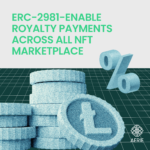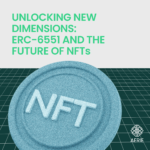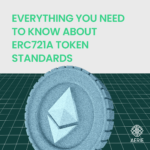How Major Banks Are Integrating Blockchain Technology
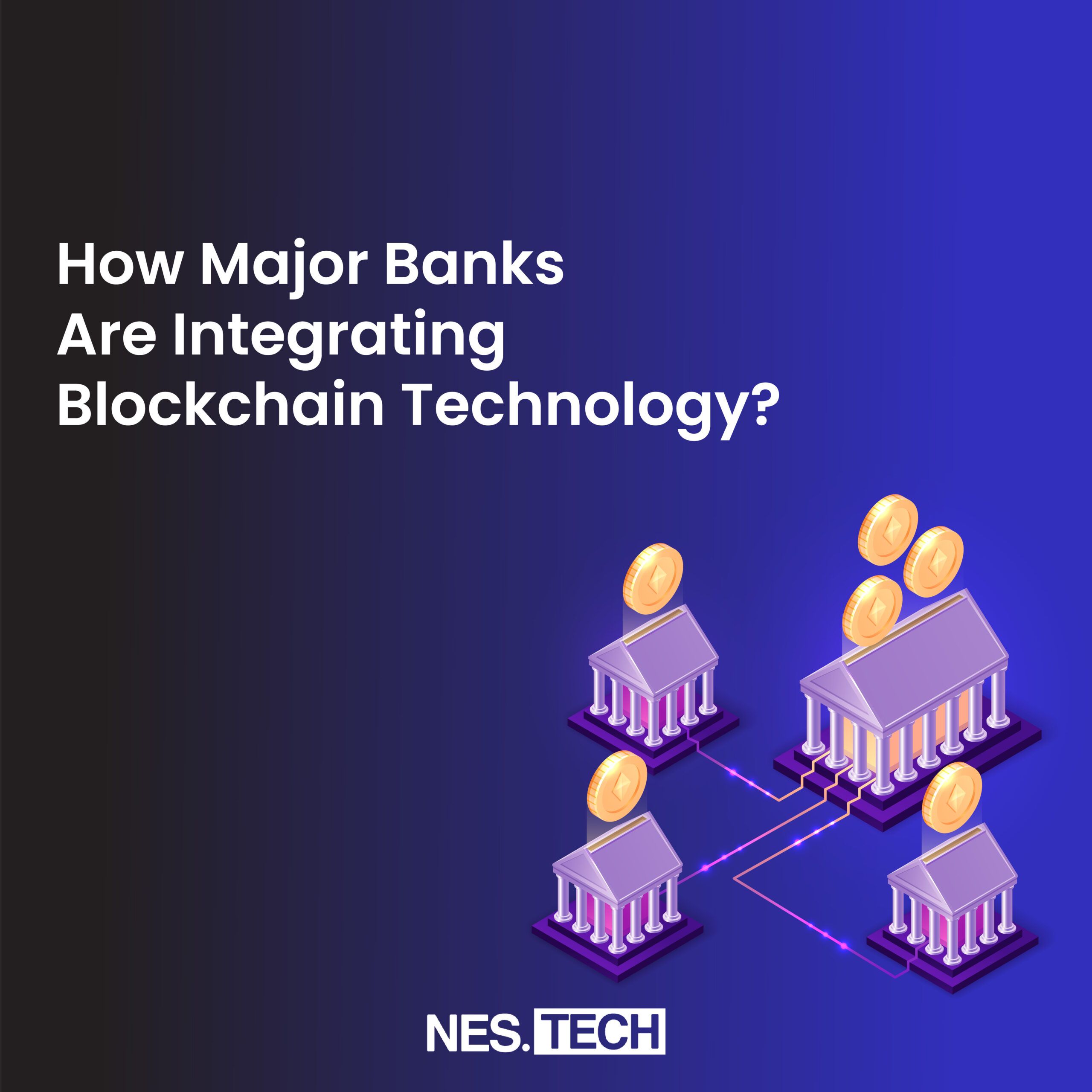
The financial sector has witnessed a significant change in recent years, with the integration of blockchain technology. Blockchain, often lauded for its decentralization, transparency, and immutability, represents more than just a new piece of technology — it heralds a paradigm shift in how financial transactions are processed, assets are managed, and trust is established between parties.
Its ability to provide a secure, distributed ledger for recording transactions in a tamper-proof manner presents unprecedented opportunities for banks to streamline operations, reduce costs, and enhance customer experiences.
This disruptive technology, the backbone of cryptocurrencies like Bitcoin and Ethereum, is now finding its way into the operations of some of the world’s most prominent banking institutions.
1. Goldman Sachs: Pioneering Stablecoin Investments
Goldman Sachs, a leading U.S. investment bank, has been at the forefront of blockchain adoption. The bank’s notable investment in the stablecoin USDC highlights its recognition of blockchain’s potential. Unlike volatile cryptocurrencies, USDC is pegged to the U.S. Dollar, offering stability and facilitating secure global money movements.
2. J.P. Morgan: Innovating with Liink
J.P. Morgan, another titan in the banking industry, utilizes blockchain to enhance money transfer processes. The bank’s blockchain solution, Liink, is currently used by over 380 banks, demonstrating the technology’s scalability and efficiency in facilitating secure peer-to-peer data transfers.
3. Swedish Central Bank and the E-Krona Project
The Swedish central bank is pioneering the e-krona, a digital currency project using distributed ledger technology. This initiative, in collaboration with Handelsbanken, signifies a significant step towards digitizing national currencies, a concept gaining traction worldwide, including in China.
4. HSBC and the Digital Vault
HSBC leverages R3’s blockchain platform for its Digital Vault service. This innovative application underscores blockchain’s capability in securely managing digital assets, reducing costs, and enhancing transaction efficiency.
5. DBS Bank: A Digital Leader in Blockchain
Singapore’s DBS Bank showcases its digital leadership with blockchain-backed businesses like DDEx and Partior. The bank’s involvement in Project Guardian with the Monetary Authority of Singapore further cements its position as a blockchain innovator in the banking sector.
A Widespread Adoption
Blockchain technology has been adopted by more and more banks, including Santander, American Express, and Standard Chartered, to name a few. These financial institutions utilize the technology for various functions, emphasizing blockchain’s versatility beyond mere currency transactions.
So, here we are at the end of our deep dive into how major banks are integrating blockchain, and we’re just scratching the surface. It’s a bit like watching one of those sci-fi movies where the future suddenly feels a whole lot closer than you thought. Except, this isn’t sci-fi; it’s happening right now in the banking halls of some of the biggest financial players.
Goldman Sachs flirting with stablecoins, J.P. Morgan streamlining global payments with Liink, and the Swedish Central Bank’s e-krona project — these aren’t just isolated experiments; they’re bold statements in a rapidly changing financial landscape. It’s as if these financial titans have collectively decided that blockchain isn’t just a fad but a genuine game-changer.
And let’s not gloss over the sheer audacity of HSBC’s Digital Vault and DBS Bank’s digital ventures. It’s more than just adopting new tech; it’s about reshaping the way we think about money, assets, and the very fabric of financial transactions.
And yet, as much as we’re seeing progress, let’s not get carried away thinking blockchain will magically fix all of finance’s problems. There are challenges, no doubt — regulatory hurdles, technological teething problems, and the big question of scalability. But the direction we’re heading in? It’s hard not to be a little bit excited (or, if you’re a traditional banking model, a bit nervous).
In wrapping this up, it’s clear that we’re not just talking about banks using new tech. We’re talking about a redefinition of banking itself. The blockchain revolution in banking is more than a trend; it’s a new chapter. And like any good story, the next pages are what we’re all eager to see.

